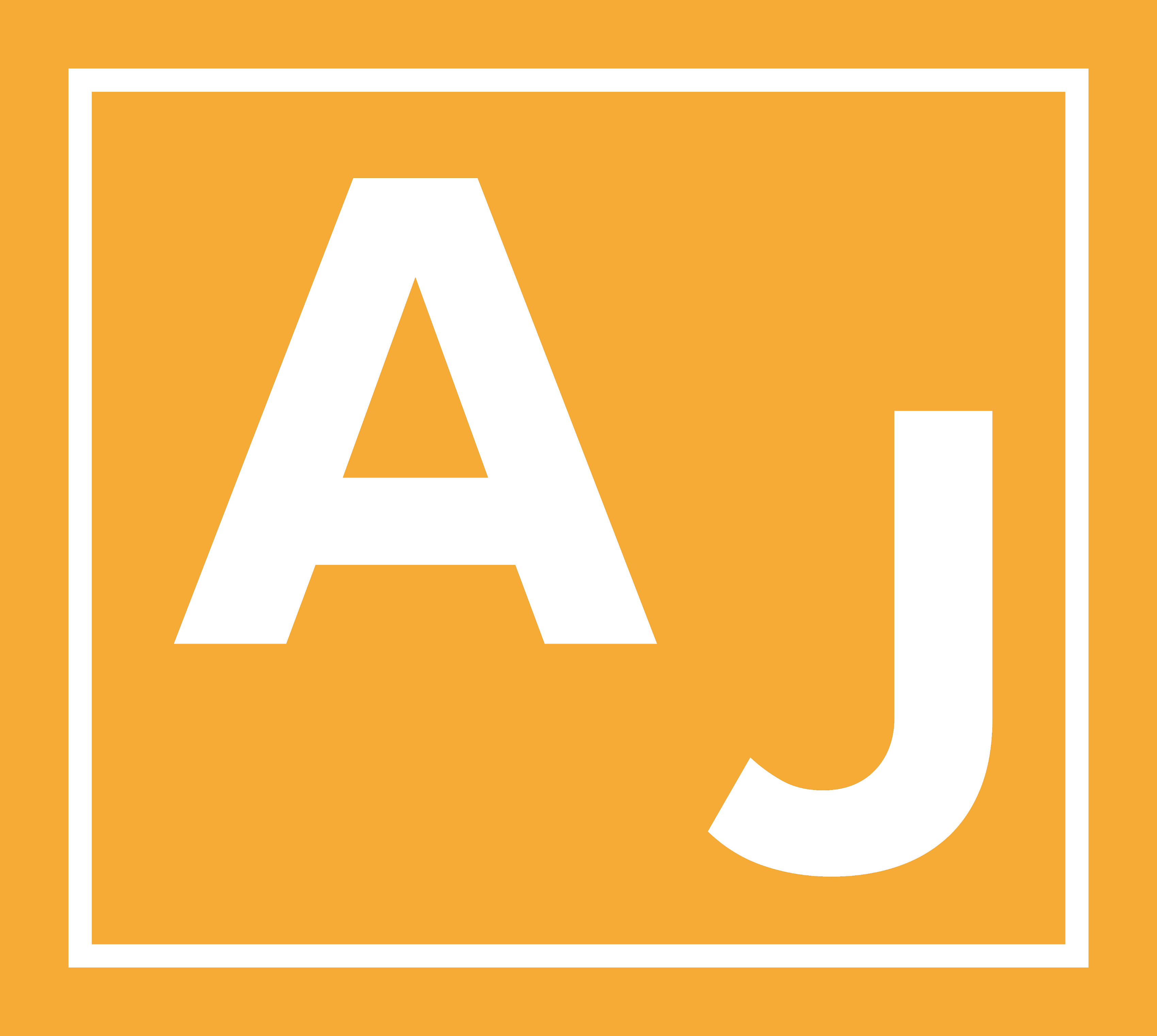At this year’s ACM Web Science 2011 conference Pascal Jürgens will present our paper “Small Worlds with a Difference: New Gatekeepers and the Filtering of Political Information on Twitter” [pdf at the conference’s website] co-written with Harald Schoen. In the paper we asked us: are there Twitter users who have a strong potential to keep political information from reaching other users or in other words are there Twitter users who have the potential to act as filters of political information?
We first happened upon the idea that certain users, based on their position in conversation networks of politically interested users, were able to keep political information from reaching specific sections of the network in a paper on the use of Twitter during the run up to the German federal election of 2009, Wahlkampf vom Sofa aus: Twitter im Bundestagswahlkampf 2009 [Preprint]. In that paper we called these users New Gatekeepers in reference to the Gatekeeper concept in mass communication research.
We met the New Gatekeepers again in a blogpost for the ZEIT blog Zweitstimme. In the post “Alle Twitterer sind gleich, aber manche sind gleicher: Neue Gatekeeper und ihre Bedeutung für die Verbreitung von Nachrichten auf Twitter” we constructed a network based on Twitter conversations between politically vocal users during one day. We showed that the unity of the network depended critically on a few well connected users. Once we excluded these users from the network it scattered into many isolated components. This shows that these users, because of their position in the structure of the network, are vital for the distribution of information to different sections of the network.
In “Small Worlds with a Difference: New Gatekeepers and the Filtering of Political Information on Twitter” we decided to look for a specific metric in quantitative social network analysis that corresponded with our interpretation of New Gatekeepers and to check if users existed in our network that corresponded with said metric. We ended up using a concept based on work by Stephen Borgatti (2005) and Daniel Ortiz-Arroyo (2010). Based on their reasoning we decided to identify those nodes in the network whose exclusion had the strongest impact on the entropy of the whole network. Our analysis showed that the exclusion of only a few nodes critically impacts the entropy of the network. For us this is an indicator for the ability of a small number of users to effectively filter the flow of information on Twitter.
For a more detailed discussion of this and the bias these users showed in their Twitter activities please have a look at the paper. Please let us know what you think of the concept and its operationalization in the context of social network analysis.
[Update: 2011/06/21]
Meanwhile Pascal has uploaded his presentation.
Also, our contribution was mentioned in “The Science of the Web” by David De Roure [@dder] on his nature network blog eResearch.
[Update: 2011/07/21]
Pascal’s presentation has been posted as a video on videolectures.net [Video: Small Worlds with a Difference: New Gatekeepers and the Filtering of Political Information on Twitter]
Further Reading:
Stephen P. Borgatti (2005) “Centrality and network flow”, Social Networks 27, 55-71. DOI: http://dx.doi.org/10.1016/j.socnet.2004.11.008.
Andreas Jungherr, Pascal Jürgens and Harald Schoen (2011) “Alle Twitterer sind gleich, aber manche sind gleicher: Neue Gatekeeper und ihre Bedeutung für die Verbreitung von Nachrichten auf Twitter” Zweitstimme.
Pascal Jürgens and Andreas Jungherr (2011) “Wahlkampf vom Sofa aus: Twitter im Bundestagswahlkampf 2009”, in: Eva Johanna Schweitzer and Steffen Albrecht (eds.), Das Internet im Wahlkampf: Analysen zur Bundestagswahl 2009, Wiesbaden: VS Verlag für Sozialwissenschaft. DOI: http://dx.doi.org/10.1007/978-3-531-92853-1_8.
Pascal Jürgens, Andreas Jungherr and Harald Schoen (2011) “Small Worlds with a Difference: New Gatekeepers and the Filtering of Political Information on Twitter”. Paper presented at the conference “ACM WebSci’11: 3rd International Conference on Web Science” Koblenz, Germany on 14-17 June. [pdf at the conference’s website]
Daniel Ortiz-Arroyo (2010) “Discovering Sets of Key Players in Social Networks”, in: Abraham, A.et al. (eds.). Computational Social Network Analysis. Springer Verlag, Dordrecht et al., 27-46. DOI: http://dx.doi.org/10.1007/978-1-84882-229-0_2.

